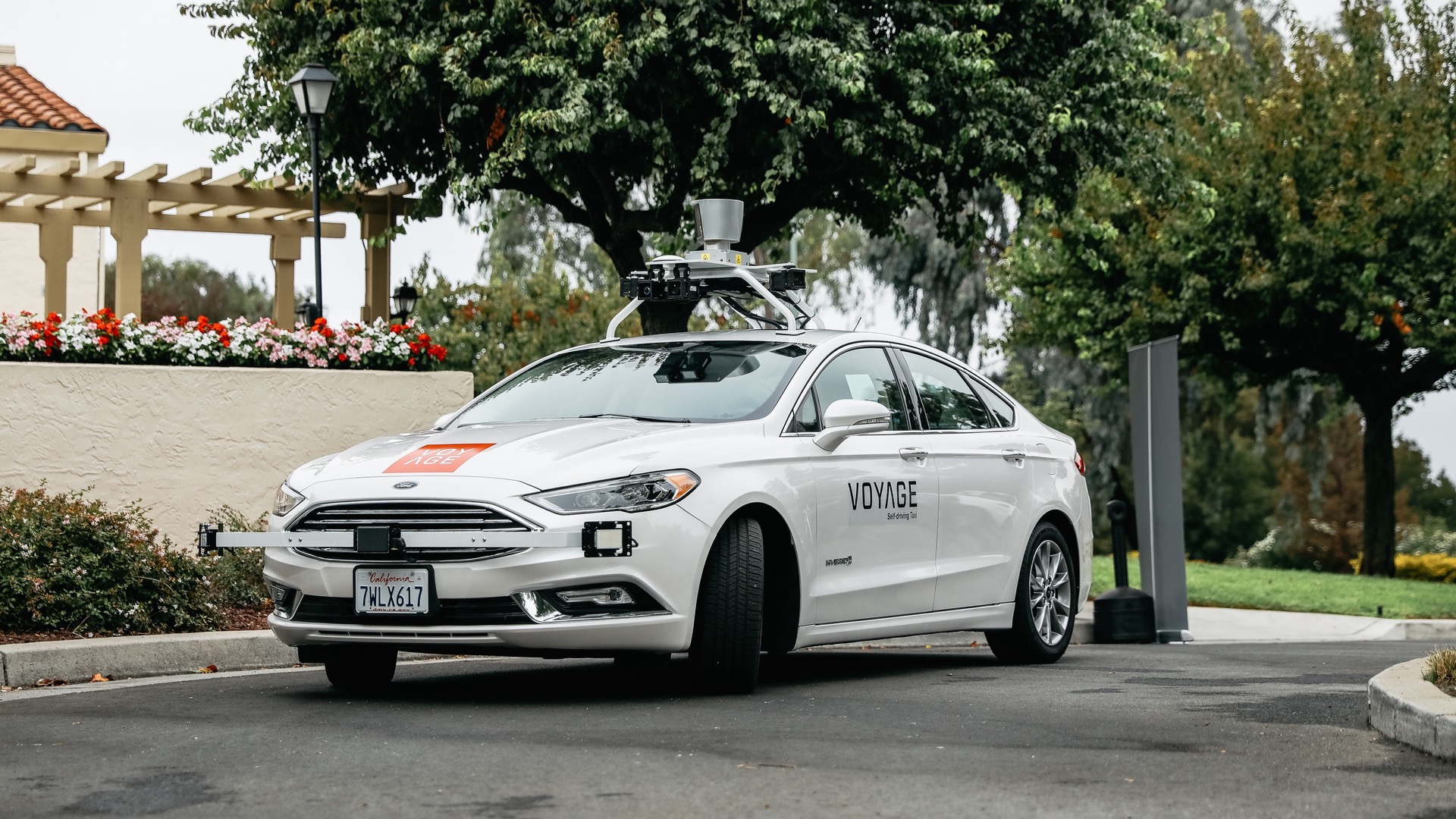

A fatal crash involving an Uber self-driving car has led many to question current procedures for testing autonomous vehicles. Voyage, a startup that currently tests self-driving cars in retirement communities, believes the solution is to go open source.
Under what the company calls its Open Autonomous Safety initiative, Voyage is publishing information on its safety procedures, materials, and test code in a series of releases. The goal is to create an open-source library of safety procedures that multiple companies can use as a standard, a Voyage blog post said.
The first release includes testing materials such as a list of real-world scenarios Voyage uses in testing, and the code engineers use to trigger failures in hardware and software on command in order to design procedures for compensating for real-life malfunctions. Voyage is also releasing documents showing how it validates components like sensors.
Voyage is inviting anyone with an Internet connection to not only peruse these materials, but to make contributions. The company is including a “testing toolkit” as part of the release to allow people to design their own autonomous-car test scenarios. Voyage noted that input from a robust online community is what transformed the open-source operating system Linux from a flaw-ridden experiment into a viable product.
“We believe that the procedures, material, and test code to validate the safety of a 2-ton autonomous vehicle should be just as (if not more!) battle hardened,” the Voyage blog post declared.
The open-source method could have advantages and disadvantages for Voyage. The company will certainly win public-perception points for transparency, an important consideration given that public opinion does not seem to favor self-driving cars right now. On the other hand, a large number of people will have to actually get involved in order to make open-sourced safety procedures truly better than what Voyage could have come up with on its own.